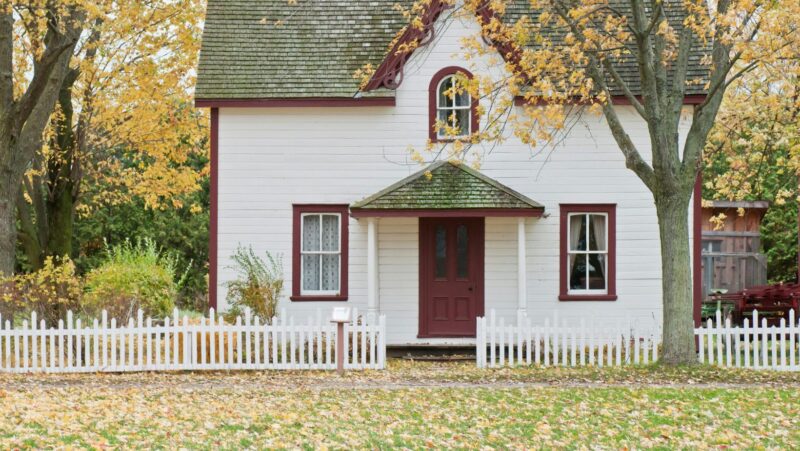
Managing finances for a home construction project can be overwhelming. A well-planned budget is essential to avoid unexpected costs and financial stress. Learn how to create a comprehensive budget and stick to it for a successful construction journey.
Embarking on a home construction project is an exciting yet daunting task. One of the most critical aspects of ensuring your project’s success is effective budgeting. Without a solid budget, you risk running into financial difficulties that could halt your project altogether. To ensure your budget is accurate and comprehensive, consider utilizing a residential estimating service, which can provide detailed cost breakdowns and help you make informed financial decisions throughout the construction process.
Understanding Your Project’s Scope
Before you get started allocating funds, it’s essential to have a clear understanding of the scope of your project. Are you planning small renovations such as home additions or a complete home build? Knowing the extent of the work will help you estimate costs more accurately. Start by listing all the necessary tasks, materials and labor required for each phase of your project.
Once you have a detailed list, research the average costs associated with each item. This will give you a ballpark figure to work with. Consider consulting multiple sources, including contractors and online resources, to ensure you get a realistic estimate. Accurate cost estimation is crucial as it forms the foundation of your budget.
It’s also important to consider breaking down your project into phases if the overall scope seems overwhelming. This approach allows you to budget more effectively for each stage and potentially spread costs over a longer period. For example, you might focus on essential living spaces first, such as the kitchen and bathrooms, before moving on to less critical areas like landscaping or a home office. Phasing your project can also provide flexibility to adjust your plans based on actual costs and experiences from earlier stages.
Setting Realistic Expectations
It’s important to maintain realistic expectations when budgeting for your home construction project. Understand that there will likely be unforeseen expenses, so it’s wise to allocate a contingency fund. Experts recommend setting aside 10-20 percent of your total budget for unexpected costs.
When planning your budget, prioritize essential items over luxury upgrades. For instance, while high-end finishes may be desirable, they can significantly inflate your costs. Focus on quality materials and workmanship that fit within your budget constraints first.
Another crucial aspect of setting realistic expectations is considering the long-term value of your investments. While it might be tempting to cut corners to save money in the short term, this approach can lead to higher costs down the line. For instance, opting for energy-efficient appliances or high-quality insulation may have a higher upfront cost but can result in significant savings on utility bills over time. Similarly, choosing durable materials for high-traffic areas can reduce the need for frequent repairs or replacements. Balance your immediate budget constraints with the potential for long-term savings and increased home value.
Monitoring Expenses Closely
Once construction begins, keeping track of expenses becomes imperative. Regularly compare actual spending against your budget to identify any discrepancies early on. This proactive approach allows you to make adjustments before costs spiral out of control.

Create a detailed expense log and update it frequently. This practice will not only help in maintaining financial control but also provide valuable insights into spending patterns that can inform future projects.
Working with Professionals
Enlisting the help of professionals such as architects and contractors can make a significant difference in adhering to your budget. Their expertise can help you avoid common pitfalls and make informed decisions about where to spend and where to save.

When hiring professionals, ensure they have experience with projects similar to yours and check their references thoroughly. A reputable general contractor can offer valuable advice on cost-effective solutions without compromising quality. For expert guidance and reliable contractor services, Visit The Contractor Consultants to ensure your project stays on track and within budget.
Summing Up
When it comes to home construction it can be difficult to stick to a budget but planning ahead is essential when trying to save on costs. While it can be an overwhelming experience, building your own house is an exciting project where no two days of the pursuit will be the same.












